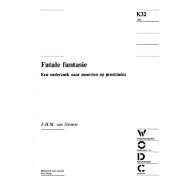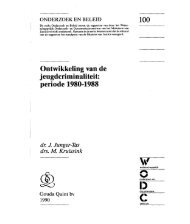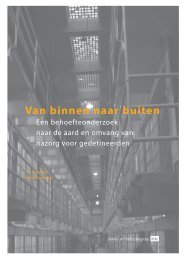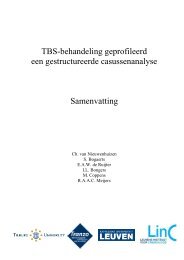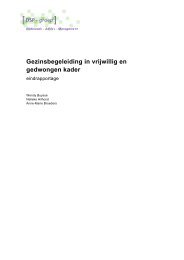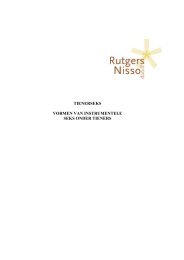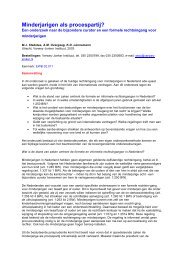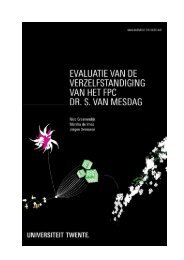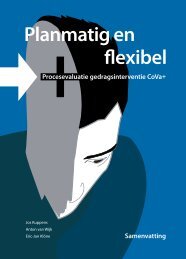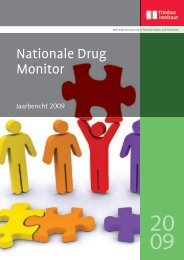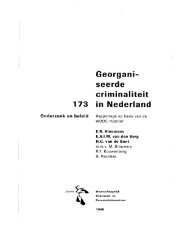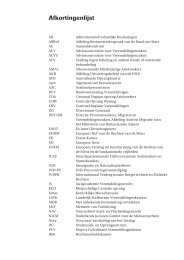You also want an ePaper? Increase the reach of your titles
YUMPU automatically turns print PDFs into web optimized ePapers that Google loves.
Summaries 127<br />
other issues, and no serious clashes have taken place. Earlier developments<br />
have, however, brought forth a more lasting cleavage between<br />
Turks and (at least a considerable part of the) Kurds. Various forms of<br />
emergency rule have been in force in the major Kurdish provinces for<br />
more than two decades, effectively dividing the country into two zones<br />
with different legal regimes. Guerrilla war and counter-insurgency<br />
operations uprooted numerous Kurdish villagers and turned them into<br />
an underprivileged urban underclass. The PKK, obeying directives from<br />
its imprisoned leader, has withdrawn its armed groups from Turkey and<br />
renounced the idea of an independent or autonomous Kurdish state,<br />
speaking of a democratic Turkey and Turkish-Kurdish brotherhood<br />
instead. No concrete projects of co-operation between Kurds and Turks<br />
are in evidence however.Turkey and international migration since 1923.<br />
Honour killings in Turkey; protest against ‘traditional killings’<br />
C.M. van Eck<br />
This article on honour killings in Turkey focuses on two issues: the<br />
Turkish Penal Code in relation to honour killings and the criticism in<br />
Turkey on honour killings. In the Turkish Penal Code there are two<br />
articles that give a reduction of sentence when the killing is committed<br />
in order to purify the honour of the family. Article 453 gives a reduction<br />
of sentence when an illegitimate baby is killed right after birth. Article<br />
462 reduces the imprisonment with 7/8, when the killing was done right<br />
before, during, or right after a situation of adultery or fornication. In<br />
June 1998 for the first time in Turkey a book on honour killings was<br />
published. This was done by Mehmet Faraç, a Turkish journalist. He<br />
wrote about five honour killings on girls in the South-Eastern town of<br />
Urfa. In september 1999 a panel discussion on honour killings was held<br />
in Ankara. Lawyers and jurists argued that the articles 453 and 462<br />
should be abolished.<br />
Women’s struggle in Turkey; from the late Osman empire until the<br />
present day<br />
N.A.N.M. van Os<br />
As in so many other countries, Muslim women in the Ottoman Empire,<br />
predecessor of the Republic of Turkey, made serious efforts to improve<br />
their position in society at the turn of the nineteenth century. Like the<br />
struggle of many women elsewhere theirs did not aim at changing the<br />
existing patriarchal system as such, but at getting a better place within<br />
it. This ‘liberal feminism’ was continued within the context of the<br />
reforms taking place after the foundation of the Republic of Turkey in<br />
1923. The reforms involving changes in the position of women aimed at<br />
making them more useful for the patriarchally organized, modern and<br />
secular society Mustafa Kemal Atatürk wanted to establish and not at<br />
their individual liberation. A more ‘radical feminism’ aiming at<br />
changing the existing patriarchal order developed only in the 1980’s. It



